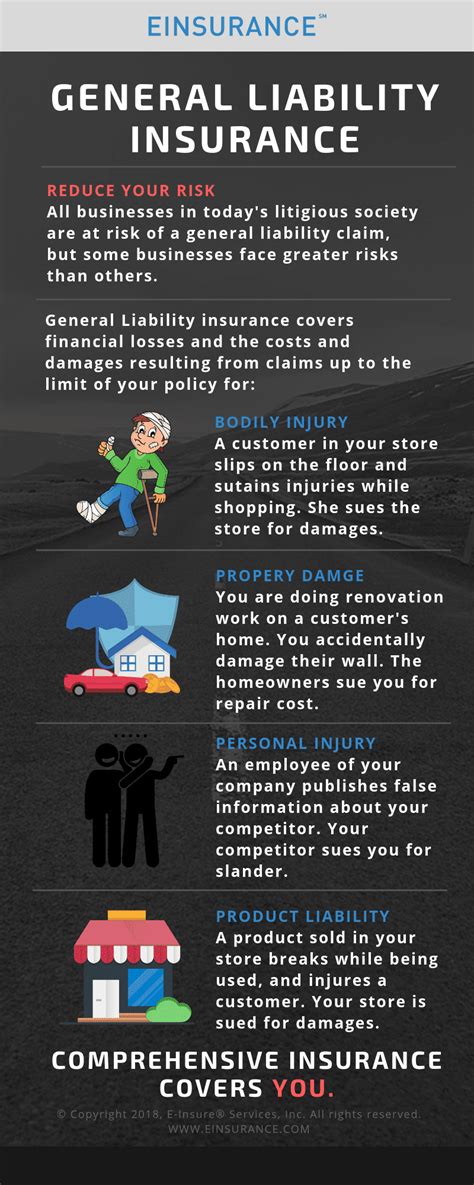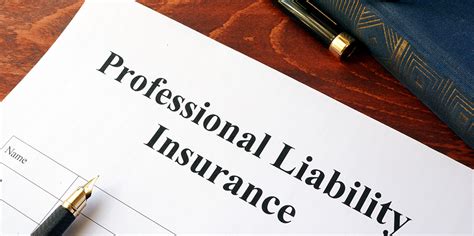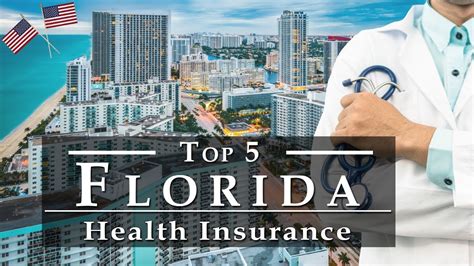Liability Insurance For A Business

Liability insurance is an essential component of any business's risk management strategy. It provides protection and peace of mind, safeguarding businesses against a wide range of potential claims and legal liabilities. With the ever-evolving business landscape and the increasing complexity of legal environments, understanding liability insurance and its implications has become crucial for entrepreneurs and business owners.
In this comprehensive guide, we will delve into the world of liability insurance for businesses, exploring its nuances, benefits, and best practices. By the end of this article, you'll have a thorough understanding of liability insurance, its importance, and how to navigate this critical aspect of business operations.
Understanding Liability Insurance: A Business Necessity

Liability insurance, often referred to as general liability insurance, is a type of business insurance coverage that protects companies against claims resulting from injuries, property damage, or other incidents that occur as a result of the business’s operations. It acts as a safety net, providing financial coverage for legal fees, settlements, or judgments that may arise from such claims.
Consider a scenario where a customer slips and falls on a wet floor in your store, sustaining injuries. In such a case, liability insurance would step in to cover the costs associated with the claim, including medical expenses, pain and suffering damages, and potential legal fees. This protection extends to a wide array of situations, including product liability claims, advertising injuries, and even certain cyber-related incidents.
The importance of liability insurance cannot be overstated. It not only shields businesses from financial ruin but also helps maintain their reputation and ensures they can continue operations without the burden of unforeseen liabilities.
Key Components of Liability Insurance

Coverage Limits and Deductibles
Liability insurance policies typically come with specified coverage limits, which represent the maximum amount the insurer will pay out for a covered claim. These limits can vary significantly, and it’s crucial for businesses to select appropriate limits based on their risk profile and the nature of their operations.
Additionally, liability insurance policies often include deductibles, which are the amounts that the insured business must pay out-of-pocket before the insurance coverage kicks in. Deductibles can be a cost-effective way to manage premiums, but they should be chosen carefully to ensure the business can afford the deductible in the event of a claim.
Types of Liability Coverage
Liability insurance offers a range of coverage options to address different types of potential liabilities. Here are some key types of liability coverage:
- Bodily Injury and Property Damage Liability: This coverage is the cornerstone of most liability insurance policies. It provides protection against claims arising from physical injuries or property damage caused by the business’s operations.
- Personal and Advertising Injury Liability: This coverage addresses claims related to libel, slander, copyright infringement, or other forms of personal injury caused by the business’s advertising or marketing activities.
- Products and Completed Operations Liability: Essential for businesses that manufacture, sell, or distribute products, this coverage protects against claims arising from defects or issues with the products after they have been sold or installed.
- Professional Liability (Errors and Omissions): Aimed at professionals like consultants, accountants, or lawyers, this coverage provides protection against claims of negligence or errors in the provision of professional services.
Policy Exclusions and Endorsements
Liability insurance policies often come with certain exclusions, which are situations or risks that are not covered by the policy. It’s vital to carefully review these exclusions to ensure that your business’s unique risks are adequately covered.
Additionally, businesses can often enhance their liability coverage through endorsements, which are additions or modifications to the policy that tailor it to the specific needs of the business. Common endorsements include increased coverage limits, additional insured status for specific parties, or coverage for specific types of risks not typically covered by the base policy.
The Process of Obtaining Liability Insurance
Assessing Your Business’s Liability Risks
The first step in obtaining liability insurance is to conduct a thorough risk assessment of your business. This involves identifying the various potential liabilities your business may face, such as injuries on your premises, product defects, or professional errors. Understanding these risks will help you determine the appropriate coverage and limits you’ll need.
Selecting the Right Insurance Provider
With a clear understanding of your business’s liability risks, the next step is to choose an insurance provider. There are numerous options available, including traditional insurance companies, online insurance platforms, and even specialty insurers who focus on specific industries or risks. It’s important to research and compare providers based on their reputation, financial stability, and the range of coverage options they offer.
Obtaining Quotes and Choosing a Policy
Once you’ve selected a few potential insurance providers, the next step is to obtain quotes for liability insurance policies. These quotes will detail the coverage limits, deductibles, and premiums associated with the policy. It’s crucial to carefully review these quotes, ensuring that the coverage meets your business’s needs and that the premiums are affordable and competitive.
When choosing a policy, consider not only the price but also the insurer's claims handling reputation, the policy's exclusions, and any endorsements or additions that may be necessary to provide comprehensive coverage.
Managing Your Liability Insurance
Regular Policy Reviews
Liability insurance is not a set-it-and-forget-it solution. It’s important to regularly review your policy to ensure that it continues to meet your business’s evolving needs. As your business grows, changes its operations, or faces new risks, your liability insurance coverage may need to be adjusted accordingly.
Incident Reporting and Claims Management
In the event of an incident or claim, it’s crucial to follow the proper procedures outlined by your insurance provider. This typically involves promptly reporting the incident, providing detailed information, and cooperating with the insurer’s investigation. Effective incident reporting and claims management can help ensure a smooth and efficient resolution process.
Loss Control and Risk Management Strategies
While liability insurance provides financial protection, it’s also important to implement loss control and risk management strategies to minimize the likelihood of incidents and claims. This can include implementing safety protocols, regularly inspecting equipment and premises, providing employee training, and maintaining comprehensive records.
The Future of Liability Insurance

As the business landscape continues to evolve, so too does the world of liability insurance. With the rise of new technologies, such as artificial intelligence and the Internet of Things, new risks and potential liabilities are emerging. Insurers are adapting to these changes, offering specialized coverage for emerging risks and providing innovative solutions to protect businesses in the digital age.
Additionally, there is a growing focus on data-driven risk assessment and pricing, with insurers leveraging advanced analytics and machine learning to more accurately assess and price risk. This trend is likely to continue, offering businesses more tailored and cost-effective liability insurance solutions.
| Coverage Type | Key Features |
|---|---|
| Bodily Injury and Property Damage | Covers physical injuries and property damage caused by business operations. |
| Personal and Advertising Injury | Protects against claims related to libel, slander, and copyright infringement. |
| Products and Completed Operations | Provides coverage for product defects and issues after sale or installation. |
| Professional Liability (Errors and Omissions) | Covers negligence or errors in the provision of professional services. |

What happens if I don’t have enough liability insurance coverage?
+In the event of a claim, if your liability insurance coverage is insufficient to cover the entire cost, you may be personally liable for the remaining amount. This can put your business’s financial stability at risk and, in severe cases, even lead to bankruptcy. It’s crucial to regularly review and adjust your coverage limits to ensure they are adequate for your business’s needs.
How can I reduce my liability insurance premiums?
+There are several strategies to potentially reduce your liability insurance premiums. These include implementing robust loss control measures to minimize the likelihood of incidents and claims, choosing higher deductibles (but ensuring you can afford them in the event of a claim), and negotiating with insurers for discounts or package deals. Additionally, maintaining a clean claims history can also lead to reduced premiums over time.
Are there any industries or businesses that don’t need liability insurance?
+While some businesses may perceive themselves to be at lower risk and opt to self-insure, the reality is that virtually all businesses can benefit from liability insurance. Even low-risk businesses face potential liabilities, and a single incident can have devastating financial consequences. It’s always advisable to have adequate liability insurance coverage to protect your business and its assets.



